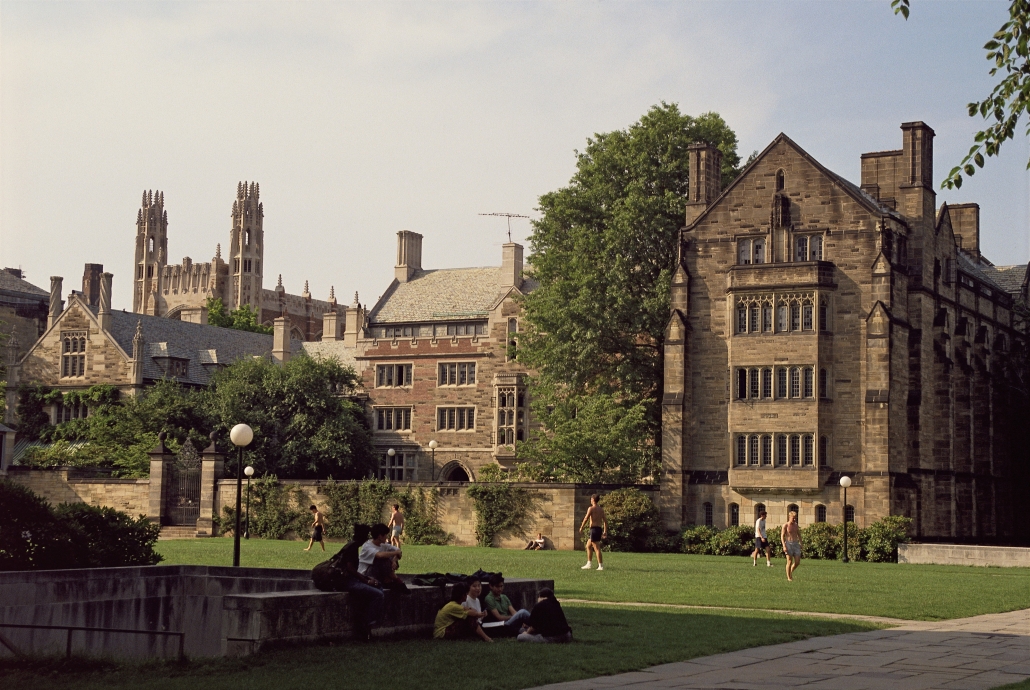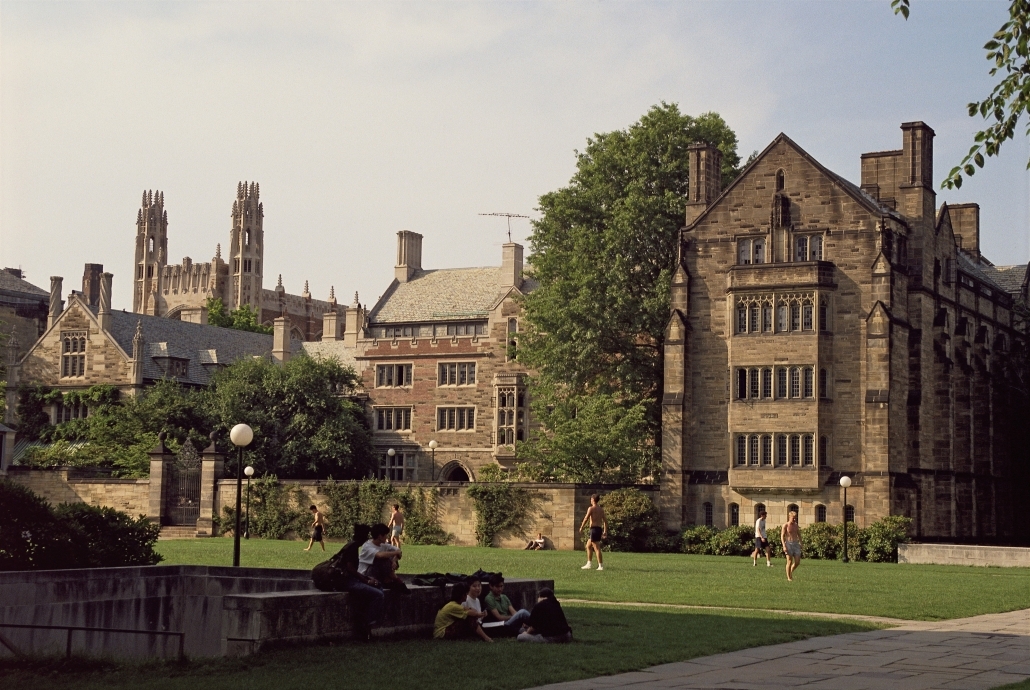A 52-year old ex-SEAL freshman at Yale reflects on “snowflakes”
This essay about a Navy SEAL war vet who went to Yale to tangle with the ‘liberal snowflakes’ will warm your heart this Christmas
- James Hatch, a retired Navy SEAL, said he was apprehensive about joining “liberal snowflakes” in their “safe spaces” in his first semester at Yale University.
- The 52-year-old veteran joined Yale as part of the Eli Whitney Students Program, meant for students with “nontraditional” backgrounds.
- But he wrote in a Medium post that he quickly opened up to his classmates and met a variety of highly accomplished, driven young people who showed him empathy and offered to help with his writing.
- Hatch said he hasn’t met one kid who fits the description of a “snowflake.” “These kids work their assess off,” he wrote.
- Hatch said he challenges any “hyper-opinionated zealot out there” – as he used to be – to be open to having their minds changed, and to building bridges between people with different opinions.

When a 52-year-old retired Navy SEAL enrolled at Yale University, becoming the oldest member of the class of 2023, he was apprehensive about joining the “liberal snowflakes” in their “safe spaces.”
James Hatch, who was wounded during a 2009 mission to find US Army Sgt. Bowe Bergdahl in Afghanistan, said in a Medium post that he found his first class of the semester “absolutely terrifying” and felt like he was “essentially an alien.”
Hatch joined Yale as part of the Eli Whitney Students Program, meant for students from “nontraditional” backgrounds who have had their education interrupted for at least five years.
He worried what his 18-year-old classmates would think about the tattoos covering his arms and the Dutch Shepherd service dog by his side.
He also recalled YouTube videos showing students yelling at a faculty member in 2015, and fretted about the references he’d seen on social media calling Yale students “snowflakes.”
But he said those worries quickly melted away when he started opening up to his new classmates and listening to them discuss literature in his seminars.
“Let me assure you, I have not met one kid who fits that description. None of the kids I’ve met seem to think that they are ‘special’ any more than any other 18-22-year-old. These kids work their assess off,” Hatch wrote.
He described one young student who grew up in Alaska working on fishing boats and now plays the cello, and another who described the “beauty of this insane mathematics problem.” There was another young woman who offered to help proofread his writing, “and, for the record, I believe she will be the President someday.”
Hatch said he challenges any ‘hyper-opinionated zealot out there’ to be open to having their minds changed
Hatch also said he’s even come to appreciate the term “safe space,” which he used to disdain.
“I come from a place where when I hear that term, I roll my eyes into the back of my vacant skull and laugh from the bottom of my potbelly,” Hatch wrote.
But hearing one of his classmates – “an exceptional young woman from Chicago” – use the term left him “literally in shock.” Hatch said he realized it had a different meaning than what he previously understood.
“This young woman, the one who used the phrase, ‘Safe Space’ isn’t scared of anything. She is a life-force of goodness and strength. She doesn’t need anyone to provide a comfortable environment for her,” Hatch wrote. “What she meant by ‘safe space’ was that she was happy to be in an environment where difficult subjects can be discussed openly, without the risk of disrespect or harsh judgment.”
Hatch went on to challenge any “hyper-opinionated zealots out there” to actually sit down with people with whom they disagree “and be open to having your mind changed.”
“In my opinion, the real snowflakes are the people who are afraid of that situation,” he wrote. “The poor souls who never take the opportunity to discuss ideas in a group of people who will very likely respectfully disagree with them.”
Hatch said he previously sought out reasons to ignore the opinions of people he didn’t respect, or whom he believed “hadn’t earned the right to share what was in their mind.”
But he said he believes now that his first semester at Yale was his “first brick in attempting to build a bridge between the people here at Yale and those like me.”
He continued: “We need everyone who gives a damn about this American experiment to contribute and make it succeed. We humans have much more in common than we have different. Thanks Yale, for helping me to become an aspiring bridge-builder at the age of 52.”

